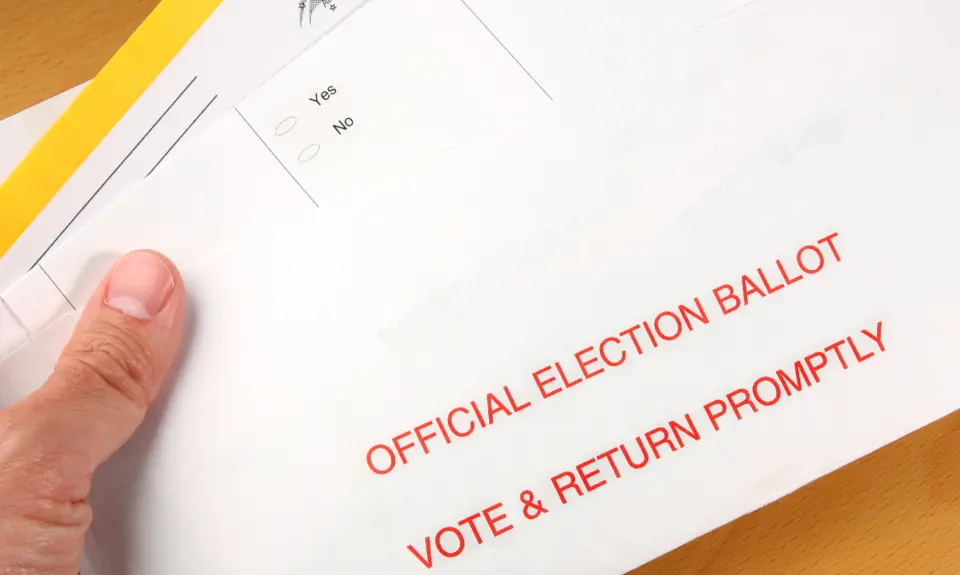“Confirmed Judges, Confirmed Fears” is a blog series documenting the harmful impact of President Trump’s judges on Americans’ rights and liberties. Cases in the series can be found by issue and by judge at this link.
Trump Justices Neil Gorsuch and Brett Kavanaugh, along with Justices Thomas and Alito, tried to grant a stay sought by state Republicans of a Pennsylvania Supreme Court order in September that allows absentee ballots received by the Friday after Election Day to be counted as long as they were sent by Election Day. The stay would effectively have reversed the order and shortened the deadlines for such ballots. Chief Justice Roberts and the three moderates on the Court declined to grant such a stay, however, so the Court denied the application in a 4-4 order on October 19, 2020 in Republican Party of Pa. v. Boockvar.
In response to litigation raising concerns that the combination of the COVID-19 pandemic and “delays in mail delivery” would likely cause many Pennsylvania mail-in ballots to be received after the 8pm Election Day deadline, resulting in rejection of ballots mailed on or before Election Day and “extensive voter disenfranchisement,” the Pennsylvania Supreme Court issued an opinion and order in September that granted an extension of the time that mail-in ballots must be received to be counted. Based on delays experienced during the June primary and other evidence, the court ruled that ballots postmarked by Election Day but received up to three days thereafter, on Friday November 6, should be counted. The Republican Party of Pennsylvania sought a stay of the order from the US Supreme Court to try to disqualify such ballots, which are expected to be cast more by Democrat voters than Republicans.
In an order issued without opinion, the Supreme Court denied the stay on October 19. Justices Gorsuch, Kavanaugh, Alito, and Thomas, however, stated that they “would grant” the stay. If they had one more vote in their favor, the result would have been to reverse the Pennsylvania order. As the state attorney general explained, the order is crucial in order to prevent “disenfranchise[ment]” of thousands of Pennsylvania voters and help ensure that “Pennsylvanians would not be forced to choose between exercising their right to vote and protecting their health.”
The Pennsylvania situation is likely not the last such dispute that the Court will be asked to resolve before or after Election Day. As this 4-4 order illustrates, how any such issues are resolved may well depend on whether Judge Amy Coney Barrett is confirmed to the Court before then and whether she recuses herself from any such litigation. Conservative former judge Michael Luttig has explained she should so recuse herself, although she has declined to state whether she would do so. As election law expert Rick Hasen noted after the Court's order, “If you thought the stakes of a Barrett confirmation couldn’t get any higher, they just did.”
